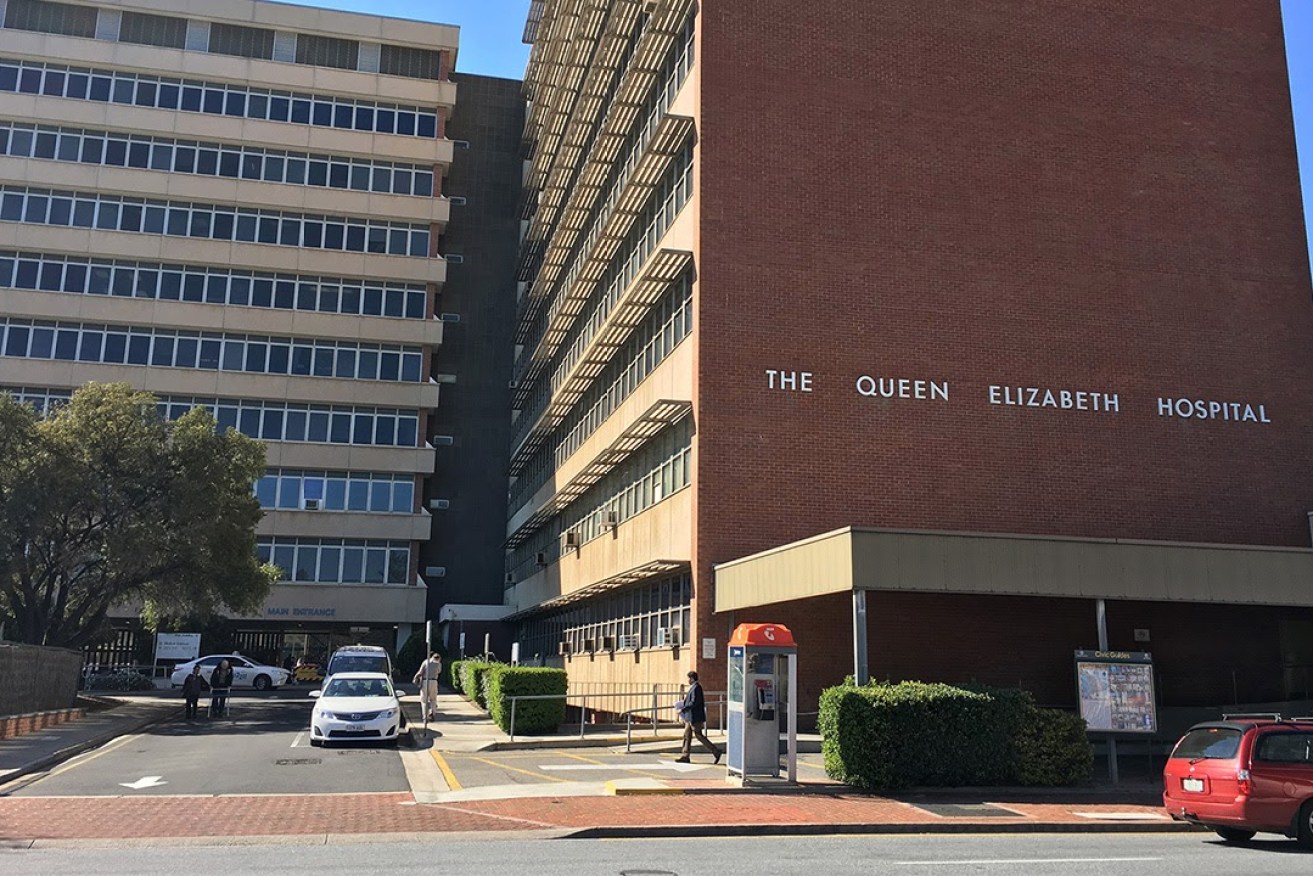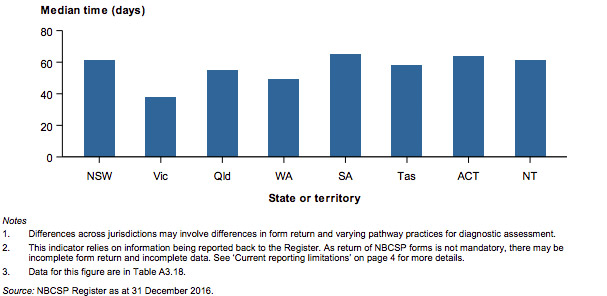Libs pledge $5m to cut wait times for bowel cancer screenings
The SA Liberal Party has pledged $5 million to reduce waiting times for screenings to detect bowel cancer – the second-most deadly cancer in Australia – if it wins the March state election.


The Queen Elizabeth Hospital. Photo: Tony Lewis /InDaily
South Australia has the nation’s longest waiting times between a positive faecal occult blood test – which detects blood in the stool – and a colonoscopy – to diagnose bowel cancer – according to the latest available data, from December 2016.
Bowel cancer is the country’s second-most common cause of cancer-related death – despite being among the world’s most preventable and treatable carcinomas.
About one in 12 Australians gets bowel cancer by the age of 85.
Liberal Leader Steven Marshall said a six-month wait between a positive test and a diagnostic colonoscopy was common in South Australia.
“The current clinical consensus is that a person needing a colonoscopy after a positive faecal occult blood test result should not wait more than 4 months – 120 days,” said Marshall.
“The latest national figures show that South Australia has the longest waits of any jurisdiction.”
Liberal Party Health spokesperson Stephen Wade said his party would eradicate South Australia’s overdue waiting list for colonoscopies following a positive faecal occult blood test.
He said he would commission more colonoscopies in the public system and improve referral systems to achieve the goal.
Wade said the Opposition had been contacted by a resident of Jamestown in SA’s mid-north, who had had to wait seven months for a colonoscopy following a positive faecal occult blood test – at which point a relative decided to purchase the procedure for him in the private system.
“With no sign of any booking in the public system, his sister paid for him to get it privately,” Wade said.
He said that the colonoscopy detected polyps in the abdomen, and that “one can only imagine it would have been worse if they had to wait for the public (sector) screening”.
Wade added that doctors and nurses had advised him that the waiting period for colonoscopies had been exacerbated by the Government’s Transforming Health hospital reform program, but that he did not have the data to show it.
“This is an area where there no published data (on) the SA Health website,” said Wade.
“We have past numbers (but) I strongly believe – but I can’t prove this – that it would have got much worse since then.”
Colonoscopy procedures in the public sector are offered at the Queen Elizabeth Hospital and the Royal Adelaide Hospital.

South Australia has the longest wait time between a positive between a positive faecal occult blood test and a colonoscopy. Data: NBCSP Register as at 31 December 2016. Graphic: Australian Institute of Health and Welfare.
Health Minister Peter Malinauskas told reporters this morning that the Government was working hard to reduce waiting times for bowel cancer screening – including by trialling nurse-led endoscopies.
Malinauskas said there had been improvements in bowel cancer detection technology in recent years, and more people were getting tested.
“Bowel cancer screening programs have dramatically improved over recent years … it’s one of the most curable forms of cancer in existence, provided we can have early detection,” he said.
“One of the consequences of an increased level of bowel cancer screening is a greater demand on colonoscopy and endoscopy services.
“That’s why (we are) doing everything we can to reduce that waiting period.”
He stressed that all areas of health need more funding, but did not commit to increasing funding for bowel cancer screening colonoscopies.
“There is no area of health that doesn’t require more funding – that is the nature of health on a permanent basis,” he said.
“But we’re working incredibly hard to reduce those waiting times.”
The National Bowel Cancer Screening Program offers free faecal occult blood tests for people turning 50, 52, 54, 58, 62, 64, 66, 68, 70, 72 or 74.




